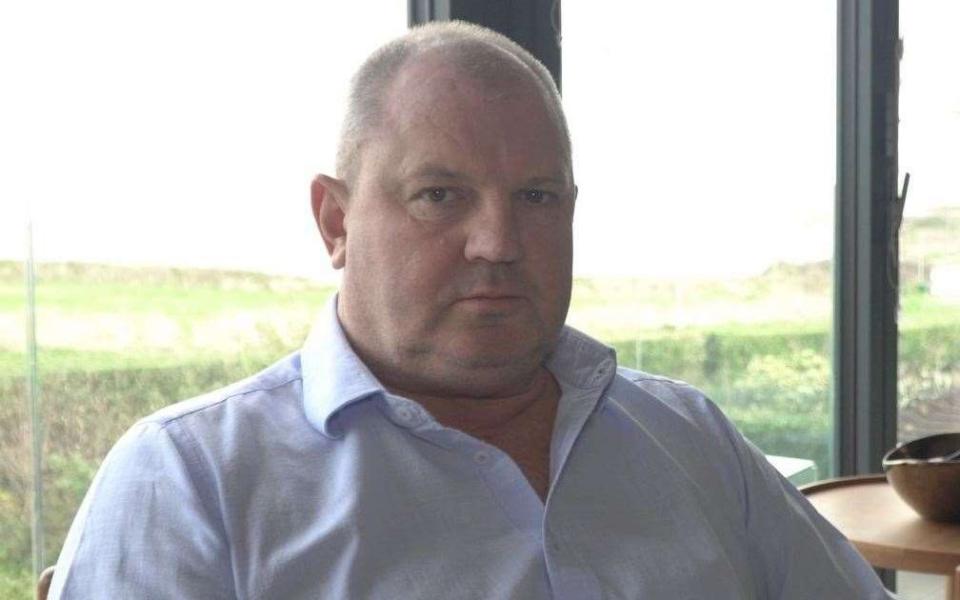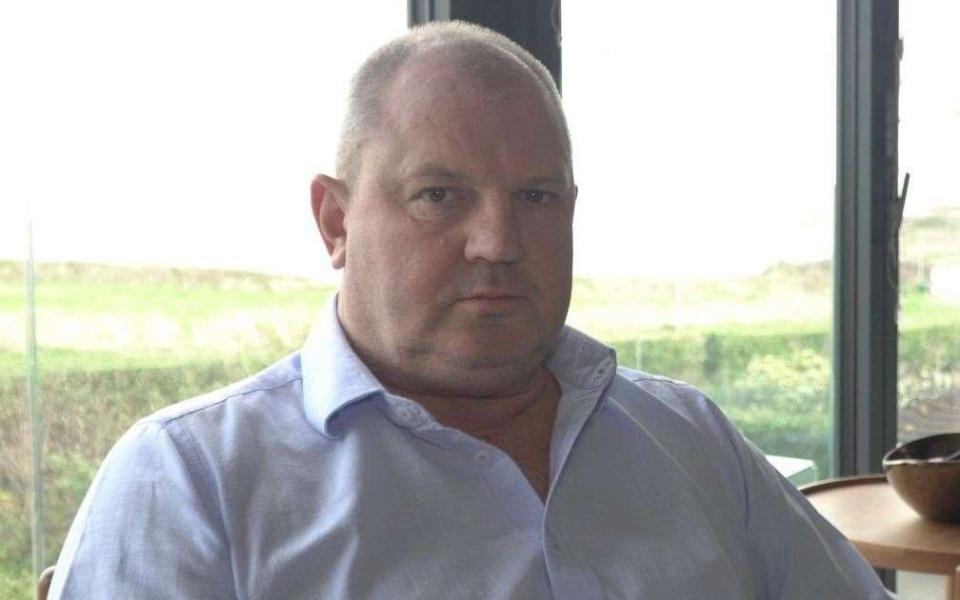British airline passengers and crew taken hostage by Saddam Hussein have accused the then UK government of treating them like “pawns” as they revealed they were forced to dig their own graves.
Nearly 100 former British Airways (BA) crew and passengers have launched legal action against the UK Government and BA, claiming their civilian flight was used as cover to get British special forces on the ground ahead of the Gulf War, 34 years ago.
Their claim outlines some of the horrors they were subjected to after being held as human shields by the Iraqi regime when the Foreign Office ignored a warning from its own ambassador that Saddam’s troops had already invaded Kuwait.
Instead of diverting flight BA149 the authorities allowed the plane to land at Kuwait airport, in order to allegedly transport a special ops team to the battlefield, regardless of the risk this posed to civilians.
Once in the hands of Saddam’s troops the hostages were held captive for up to five months, during which time they were subject to torture, rape and sexual assault, mock executions and starvation by Saddam’s notorious Mukhabarat secret police.
The hostages – who were held at strategic locations in Kuwait and Iraq to act as human shields – became convinced that they would be murdered and never return home.

Documents lodged in the High Court in London reveal that several of the total 367 captured passengers and crew were forced to dig their own graves in preparation for their murder.
According to lawyers for 95 of them taking action this week, evidence shows that BA and the then UK government knew the invasion had taken place while the plane was still in the air on the night of Aug 1 1990, but did nothing to divert it from its before its scheduled stop over in Kuwait en route to Kuala Lumpur, Malaysia.
Lawyers say there is also evidence that BA149 was used to secretly transport a special forces operatives team for “immediate and covert deployment to the battlefield, regardless of the risk this posed to the civilians on board”.
Barry Manners, a passenger on BA flight 149 who now lives in Botany Bay, Kent, told The Telegraph: “We were not treated as citizens, but as expendable pawns for commercial and political gain.
“A victory over years of cover-up and bare-faced denial will help restore trust in our political and judicial process.”
Matthew Jury, managing partner of McCue Jury and Partners LLP, said: “The lives and safety of innocent civilians were put at risk by the British government and British Airways for the sake of an off-the-books military operation.
“Both have, we believe, concealed and denied the truth for more than 30 years. The victims and survivors of flight BA149 deserve justice for being treated as disposable collateral.”
He added: “[The then UK government] and BA watched on as children were paraded as human shields by a ruthless dictator, yet they did and admitted nothing. There must be closure and accountability to erase this shameful stain on the UK’s conscience.”
Message not passed on
There have been previous attempts to sue the British authorities and BA, but hard evidence on which to base such a claim only began to emerge in 2021, when secret files were released by the National Archive under the 30-year rule.
These showed that Sir Michael Weston, the British ambassador to Kuwait, called the Foreign Office duty clerk around midnight on Aug 1 1990 to warn that some kind of Iraqi invasion of Kuwait was under way. His warning was then relayed across Whitehall, including to Downing Street, the Foreign Office and the intelligence services, 73 minutes before flight 149 eventually landed – enough time for it to be diverted.
But this message was not passed on to British Airways.
Lawyers for the 95 claimants, who are made up of nine nationalities, claim this was because flight 149 was being used to insert the black ops team known as the “Increment” or “Inc.”, into Kuwait.
Some passengers and crew claim nine “military-looking” men boarded the flight shortly before the departure, while others heard the crew debating whether it should proceed with the leg of its flight to Kuwait.
The nine men were allowed first off the flight on landing at Kuwait Airport and were not seen again by their fellow passengers.
Told he was going to be shot
During his time in captivity, Mr Manners, then a 24-year-old businessman, lived in constant fear for his life.
“There were a couple of occasions when I was told I was going to be shot, the guard came out in a rage, kicked me around a bit, put a gun against my head and pulled the trigger a few inches away.”
The former hostages are claiming an estimated average of £170,000 each in damages for the personal injuries and ongoing psychiatric harm they suffered as a result of serious negligence and joint misfeasance in public office by officials at the Foreign Office – now the Foreign, Commonwealth & Development Office, the Ministry of Defence and BA.
Their lawyers will argue that many of the claimants who worked for BA were forced to take medical pensions due to BA’s unwillingness “to make even the most basic accommodations to them”, failing to appreciate the trauma caused by their experiences in Kuwait and Iraq.
The UK Government and British Airways are expected to challenge the claims. Both have previously rejected similar claims, maintaining that Saddam was solely responsible for the hostages’ treatment.
EMEA Tribune is not involved in this news article, it is taken from our partners and or from the News Agencies. Copyright and Credit go to the News Agencies, email news@emeatribune.com Follow our WhatsApp verified Channel





